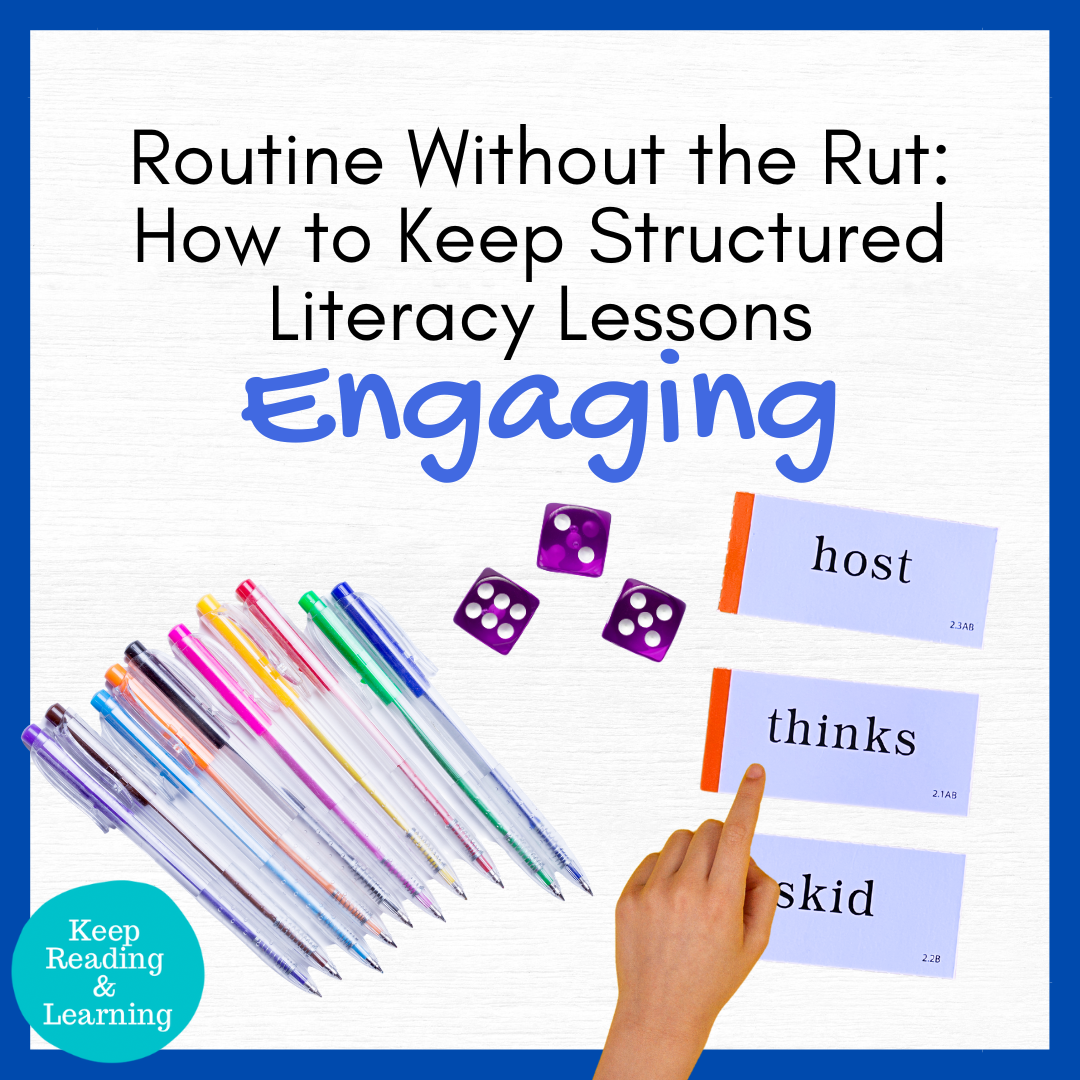Teaching structured literacy means sticking to the routines and rules that make the approach so…
Category: Phonics
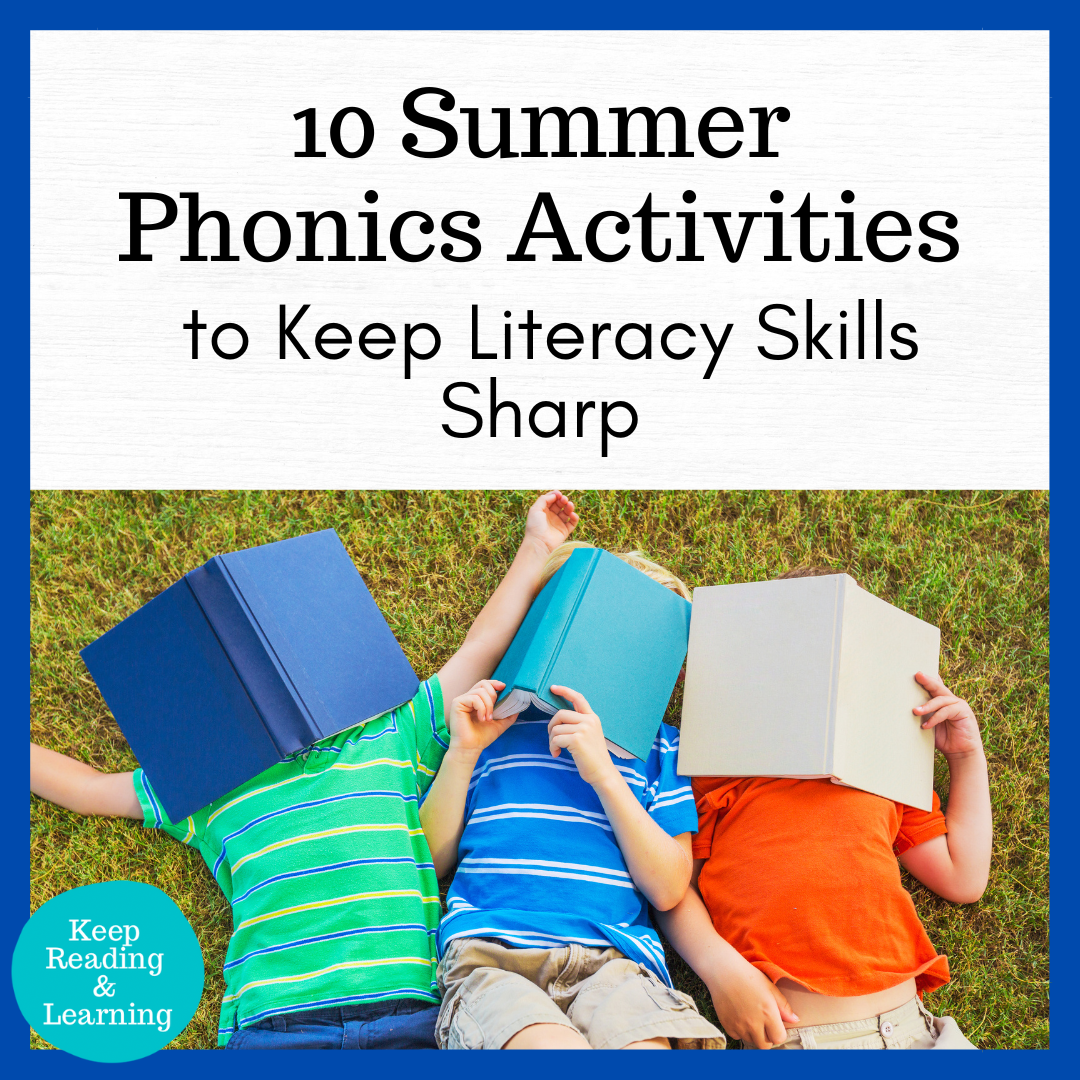
10 Summer Phonics Activities to Keep Literacy Skills Sharp
Summer is a time for fun and relaxation, but it’s also when many young readers…

Science of Reading Meets Summer Reading: Your Structured Literacy Homework Plan
Planning structured literacy homework doesn’t have to be overwhelming. Whether you’re prepping for summer school…

8 Science of Reading Courses Every Teacher Should Consider
If you’re looking to deepen your understanding of how we learn to read and how…
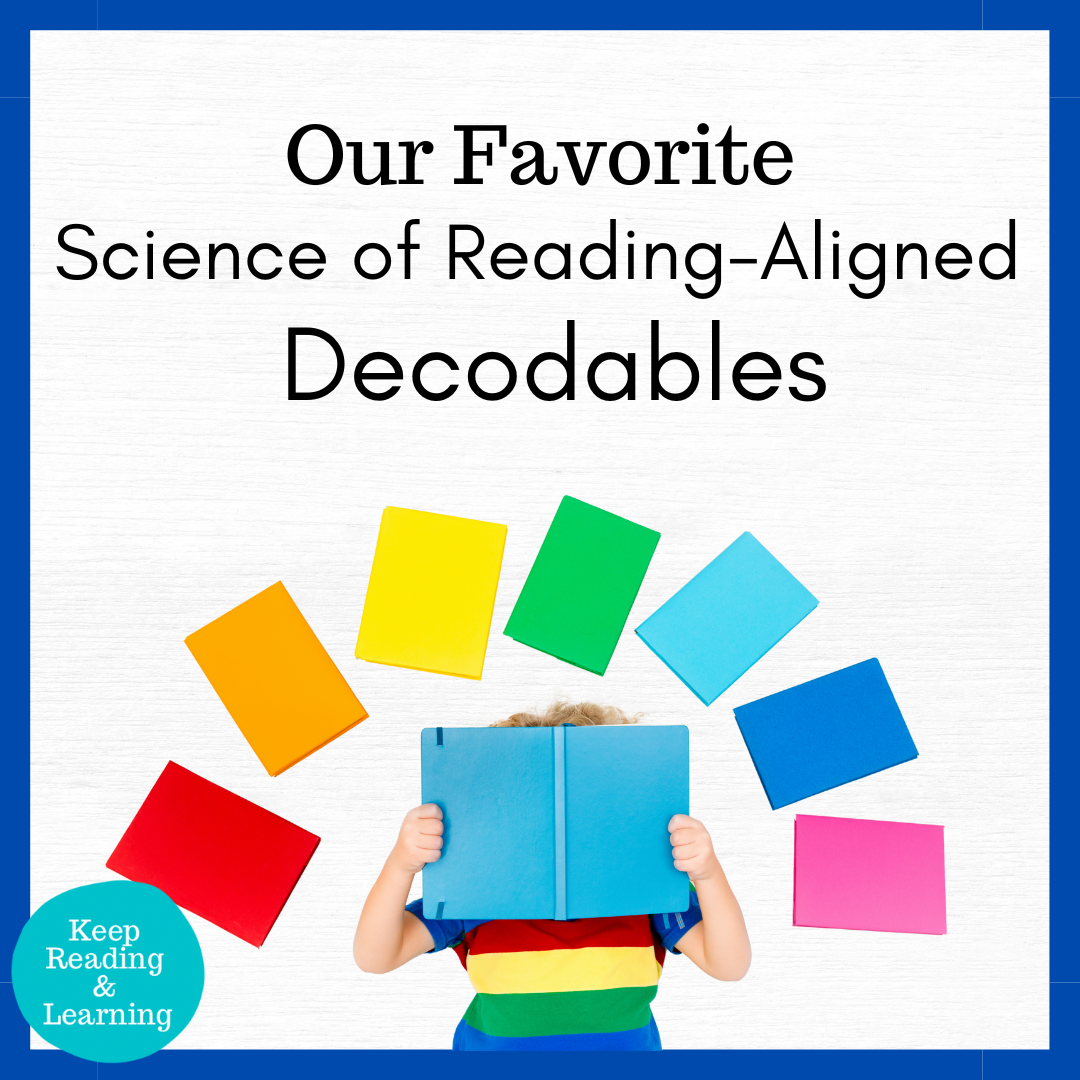
Top Picks: Decodable Books for Wilson, Orton Gillingham, and Structured Literacy Instruction
Are you looking for decodable books your students can confidently read at home or in…
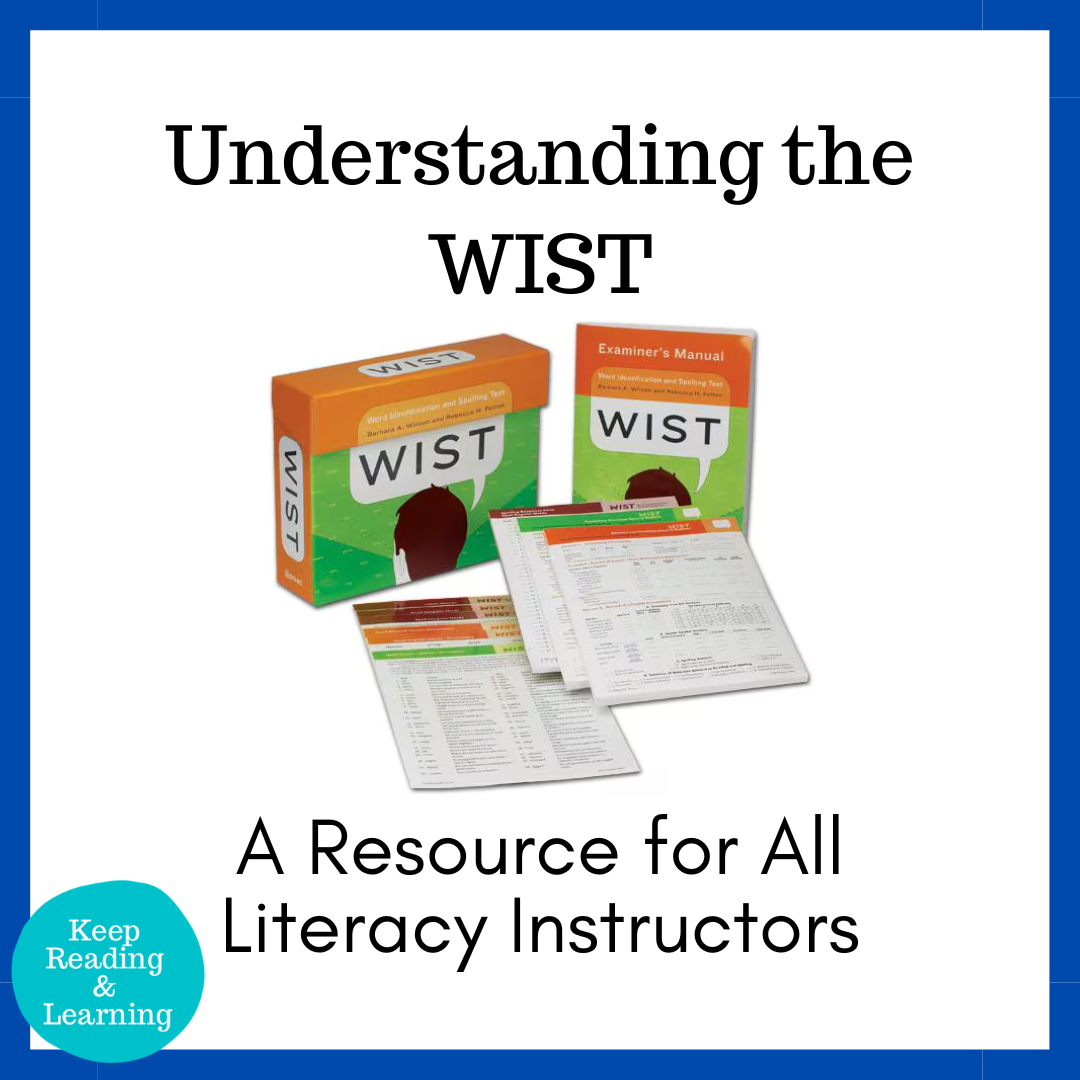
Understanding the WIST: A Resource for All Literacy Teachers
The Word Identification and Spelling Test (WIST) is a valuable tool for assessing foundational literacy…
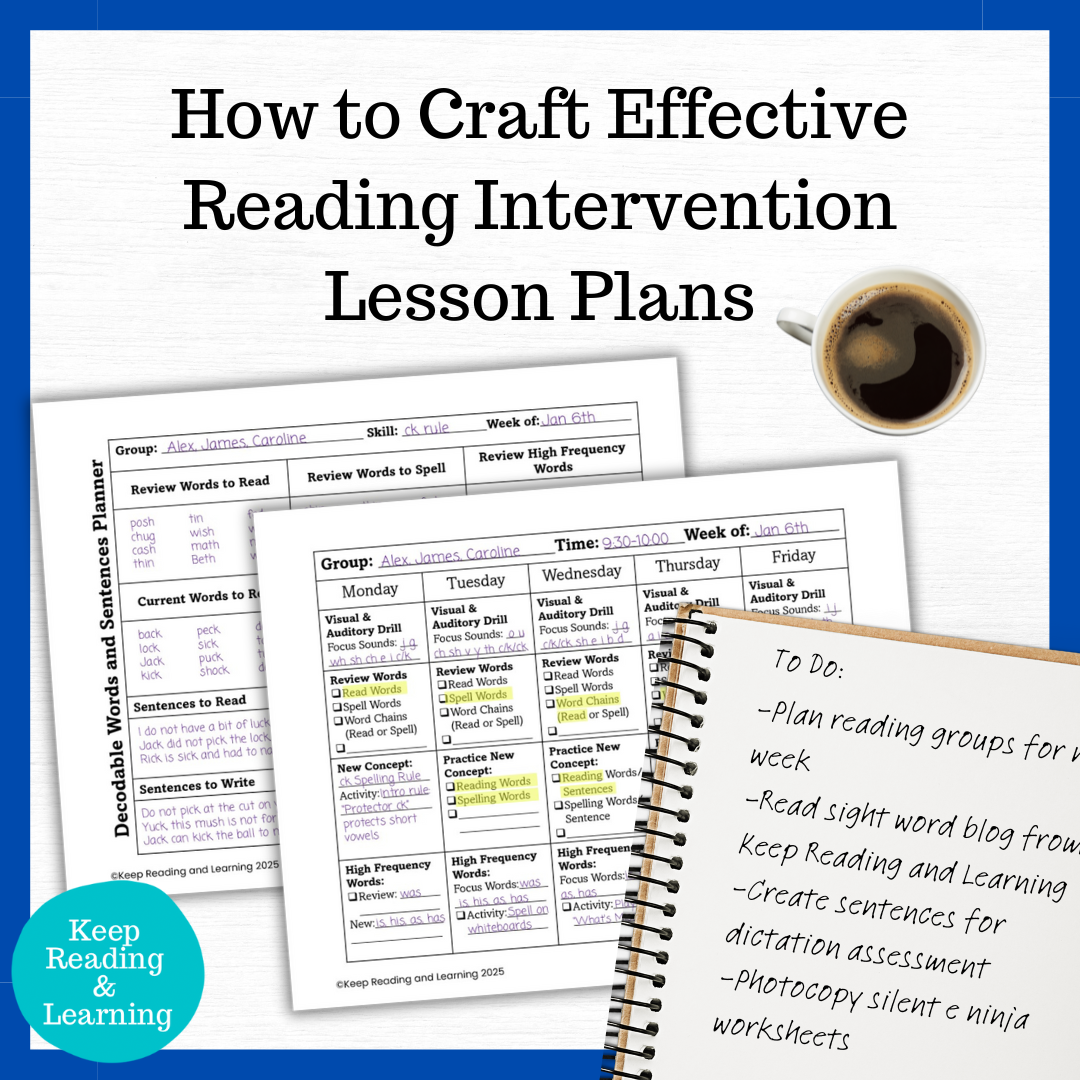
How to Craft Reading Intervention Lesson Plans
When it comes to planning reading intervention lesson plans, having a structured program can make…
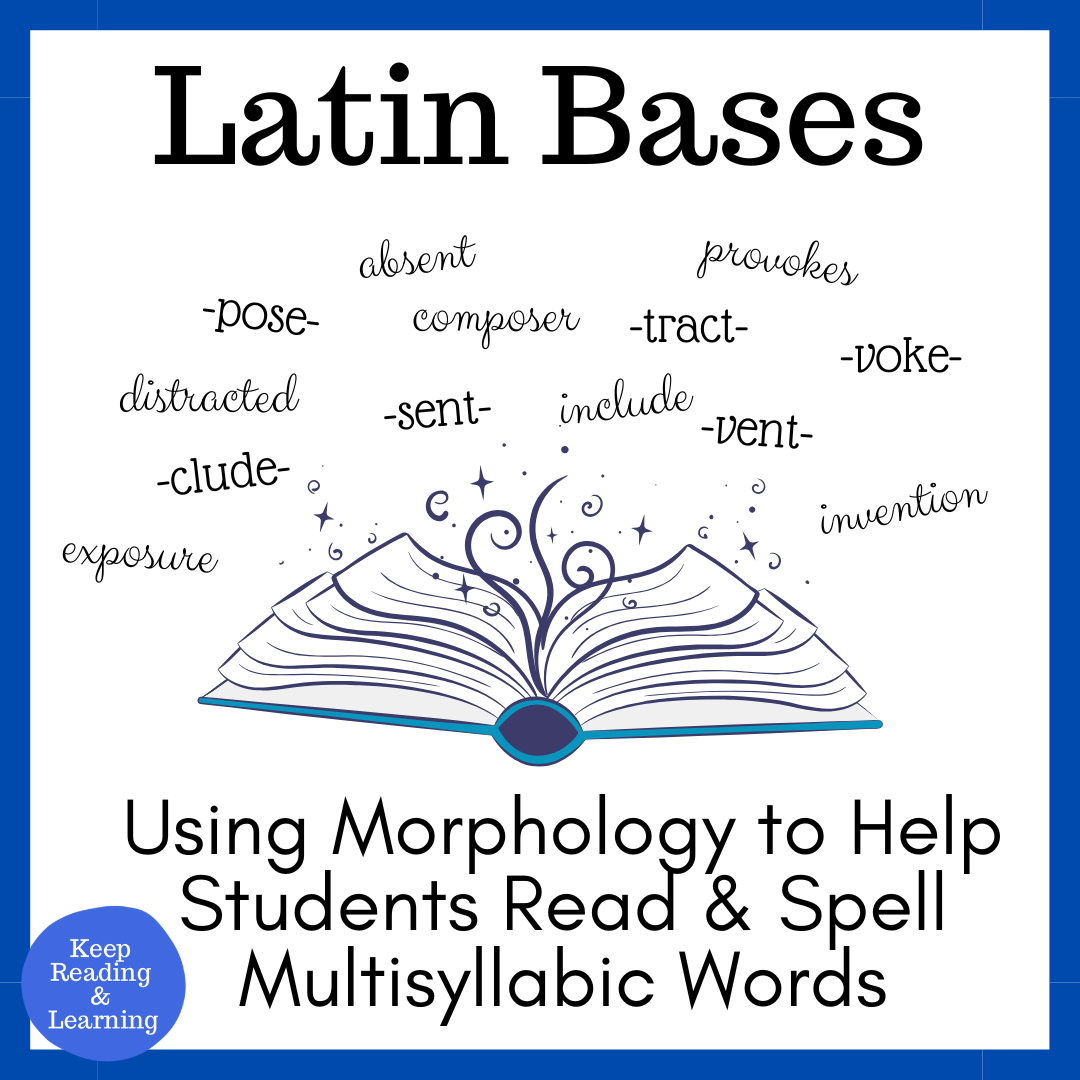
6 Ways to Incorporate Latin Bases: Help Students Read and Understand Multisyllabic Words
Does the thought of teaching morphology through Latin bases scare you? Are you afraid you…
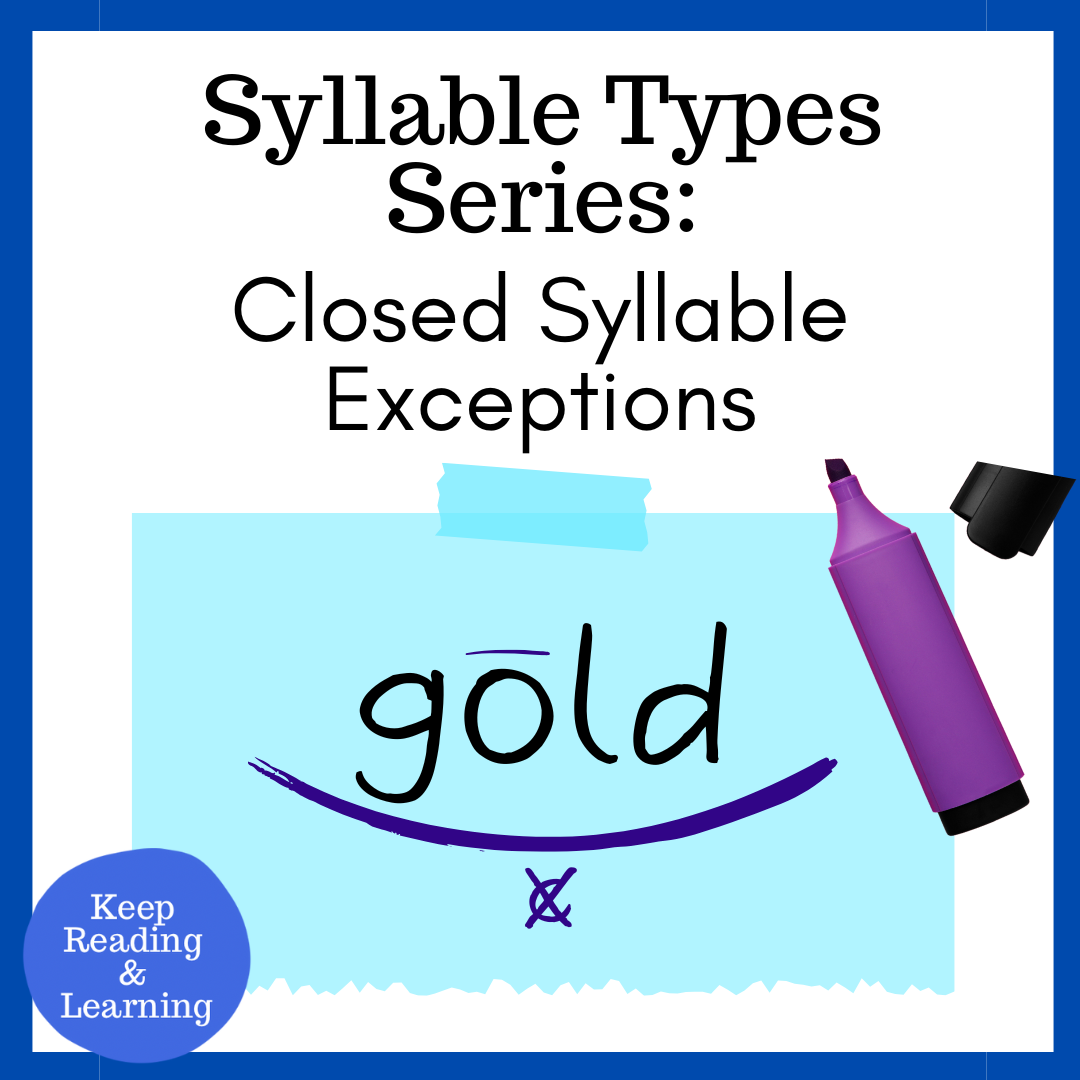
Syllable Type Series: Closed Syllable Exceptions
This blog post discusses closed syllable exceptions in English, specifically the vowel sounds in words like “find” and “post.” It emphasizes the importance of understanding syllable types for effective phonics instruction, providing resources and strategies for teaching these exceptions. The author encourages tailored teaching approaches to facilitate student learning.
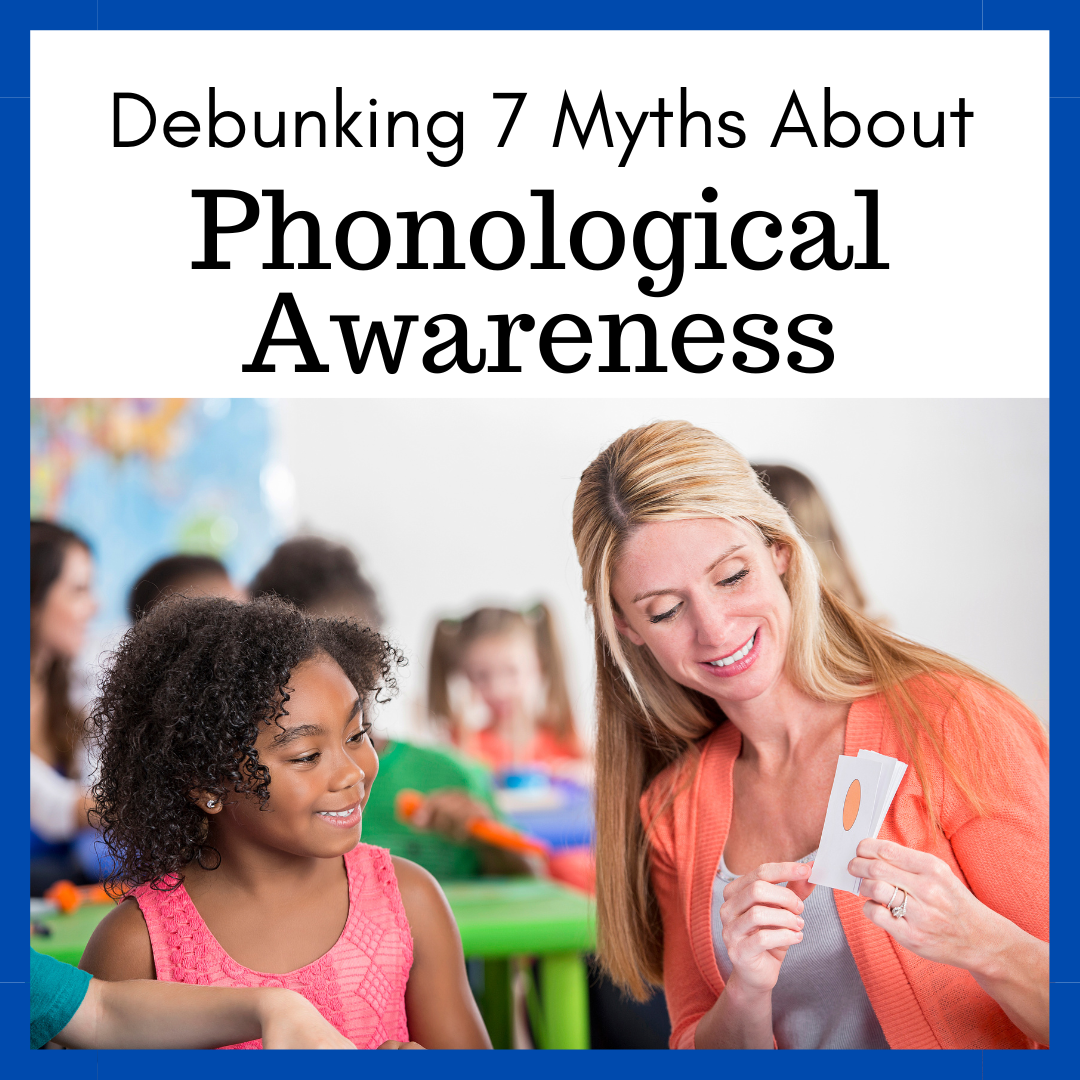
7 Myths about Phonological Awareness: What Every Educator Should Know
Phonological awareness is often misunderstood, leading to widespread myths that can hinder a child’s reading…

